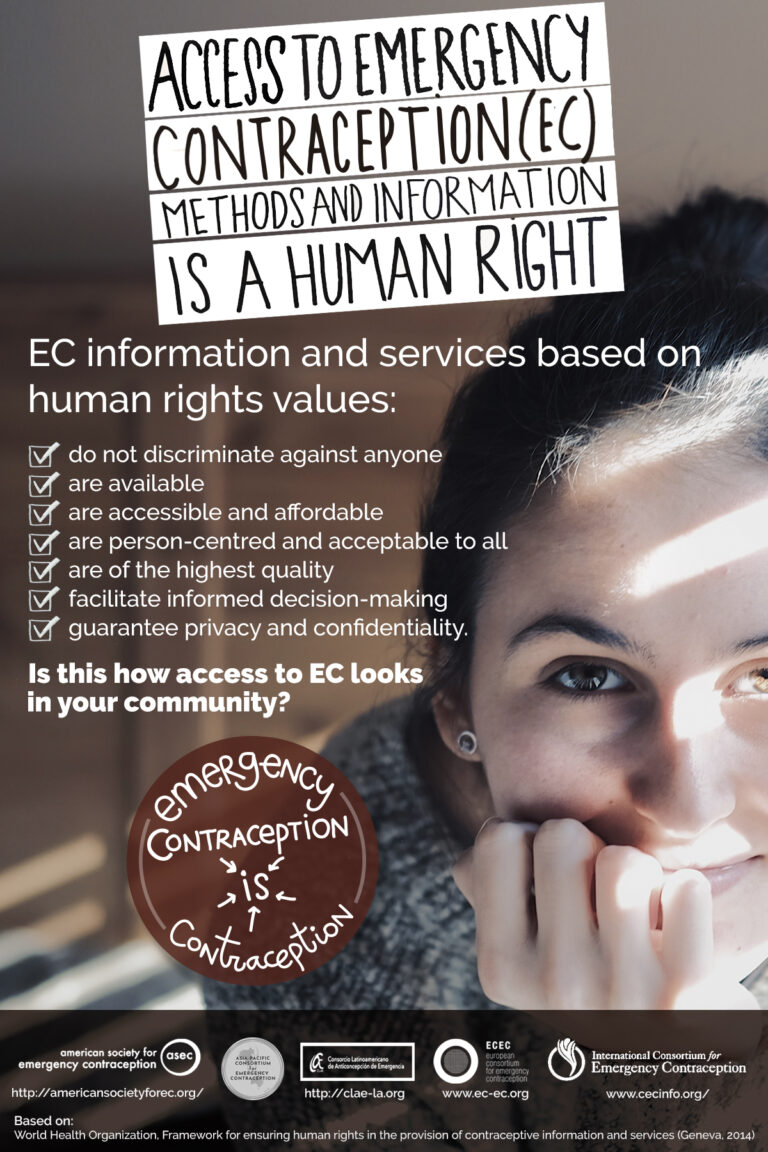Guides for SRH services during COVID-19
April 7, 2020. As the COVID-19 pandemic is affecting more and more countries all over the planet, national contraception societies are developing guides to help ensure access to high quality sexual and reproductive health services that are safe for both users and providers during these times, and that help alleviate the current burden on the…

